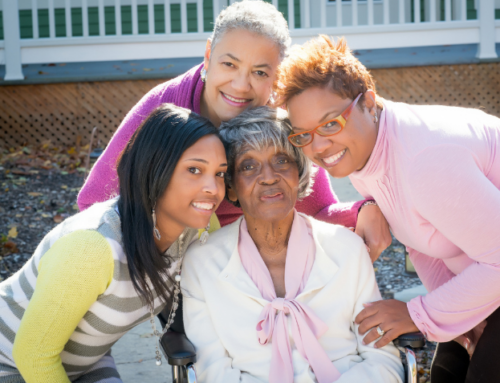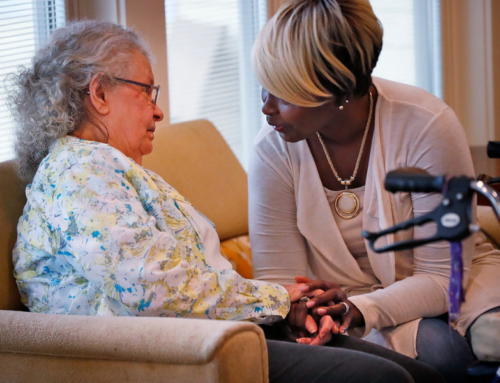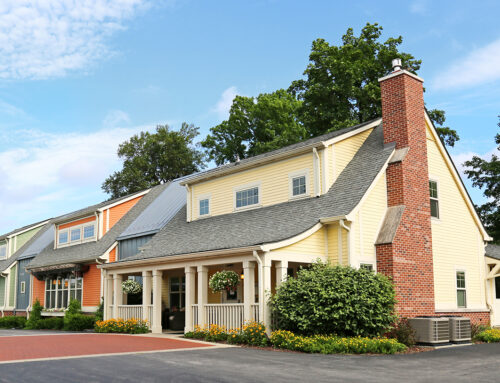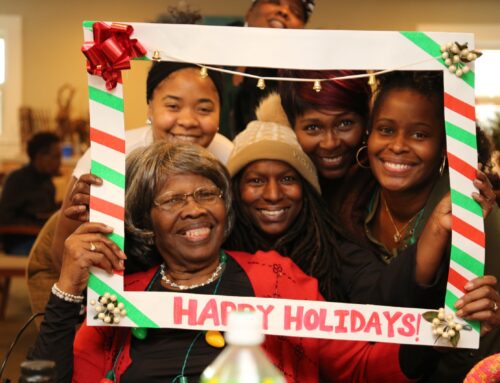
Music, Hearing and Dementia
This is a guest blog post, written by Tonya Bergeson, Tara Lineweaver, Music First! Lab Members. Listen to their recent appearance on Caregiver Crossing, the Podcast, by clicking here.
There is a scene in the 2014 movie “Still Alice” in which the main character, Columbia University professor Alice Howland, sits in a classroom with her students and abruptly gets up after about 10 minutes, declares that she’s not wasting any more time waiting for the professor, and leaves the room. What Dr. Howland has forgotten is that SHE is the professor. Adults with dementia gradually lose their ability to form new memories and begin to forget recently forged memories, which understandably contributes to increased confusion and agitation. What remains, however, is long-term memories, particularly those connected to emotional experiences.
Students and professors from the School of Music (Dr. Tim Brimmer), the Communication Sciences and Disorders Department (Dr. Tonya Bergeson) and the Psychology Department (Dr. Tara Lineweaver) at Butler University have been working over the past 5 years to decrease sundowning symptoms such as confusion and agitation in adults with dementia in local nursing homes and adult day care centers. We are using music as a tool to release long-term memories and we are measuring improvements in cognition, behavior, and communication as a result of the music listening. Students working on this project visit with the adults who have dementia, learn more about their musical tastes, and build individualized music playlists with music from their adolescent years (lots of Frank Sinatra, Elvis, and Nat “King” Cole!). Students are also helping the study participants listen to the music by treating ear wax build-up, a common condition in older adults.
So far, we have learned that listening to music sparks many memories and leads to improved communication, cognition, and agitation over the short term in adults with dementia. However, the best part of the project, by far, is the friendships that the Butler students build with these adults. As one student writes, “Coming into this study I honestly didn’t expect to make any real connections with the Guests… But, this week when we saw D it really hit me. She truly is so excited to see us every week and listen to her music and we really have formed an amazing connection with her… It made me feel happy!”
Sign-Up for the Joy's House Newsletter!
Join our community and get updates straight to your inbox.






